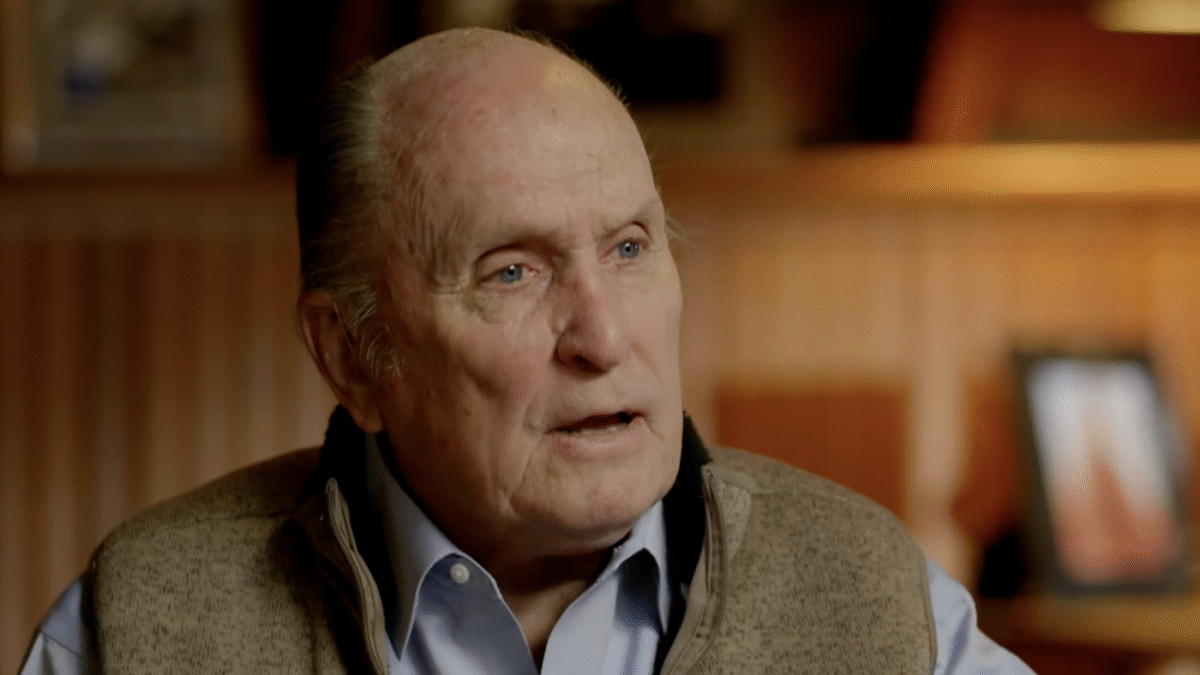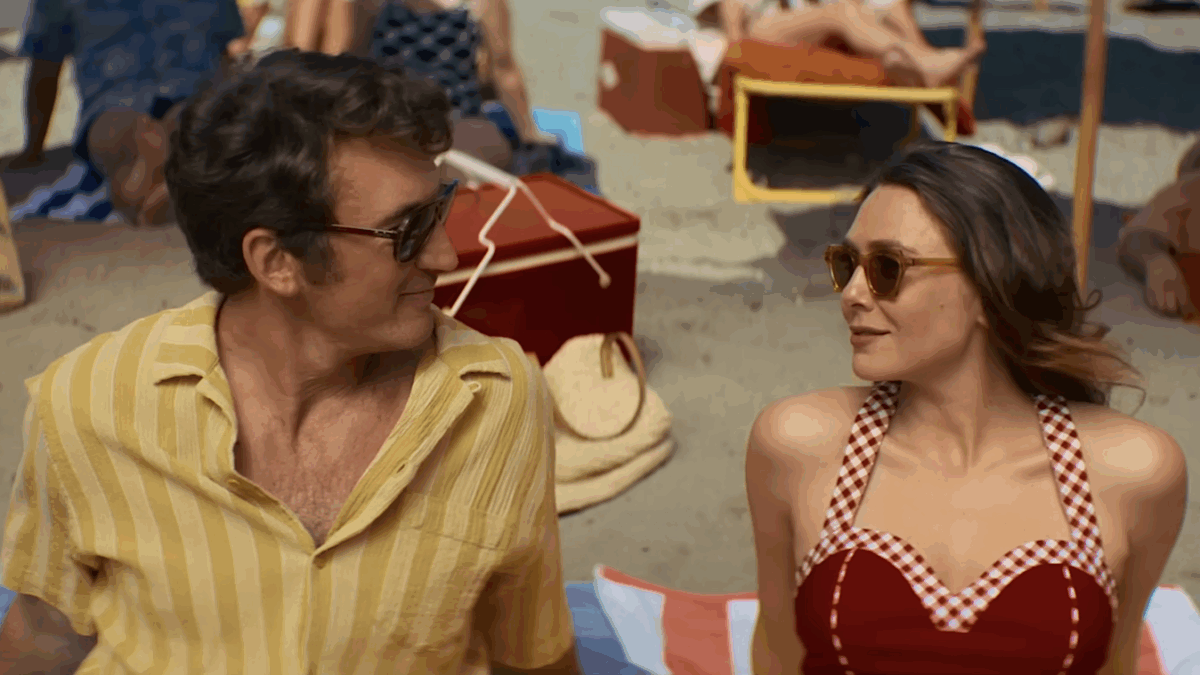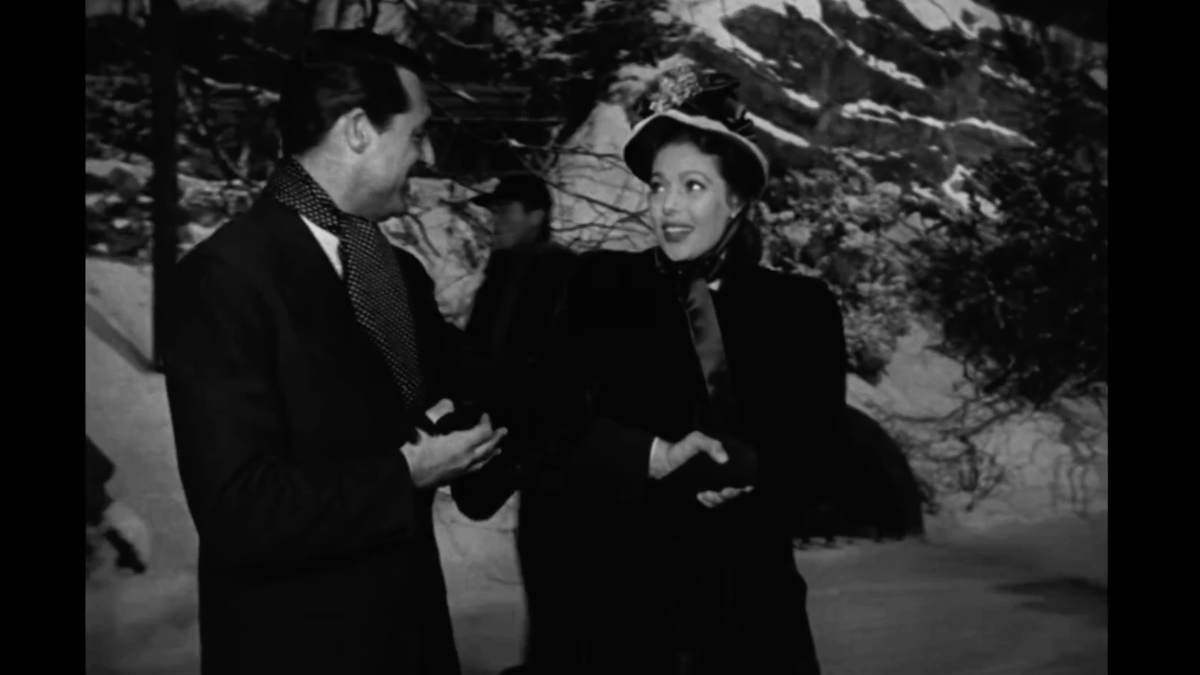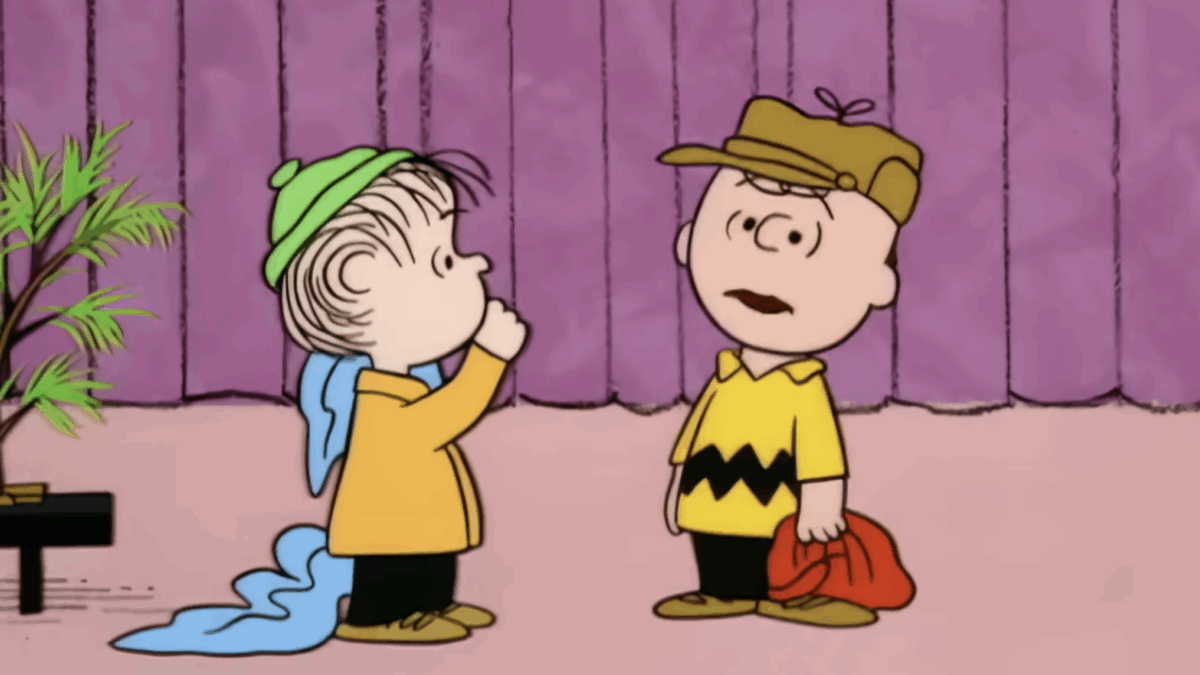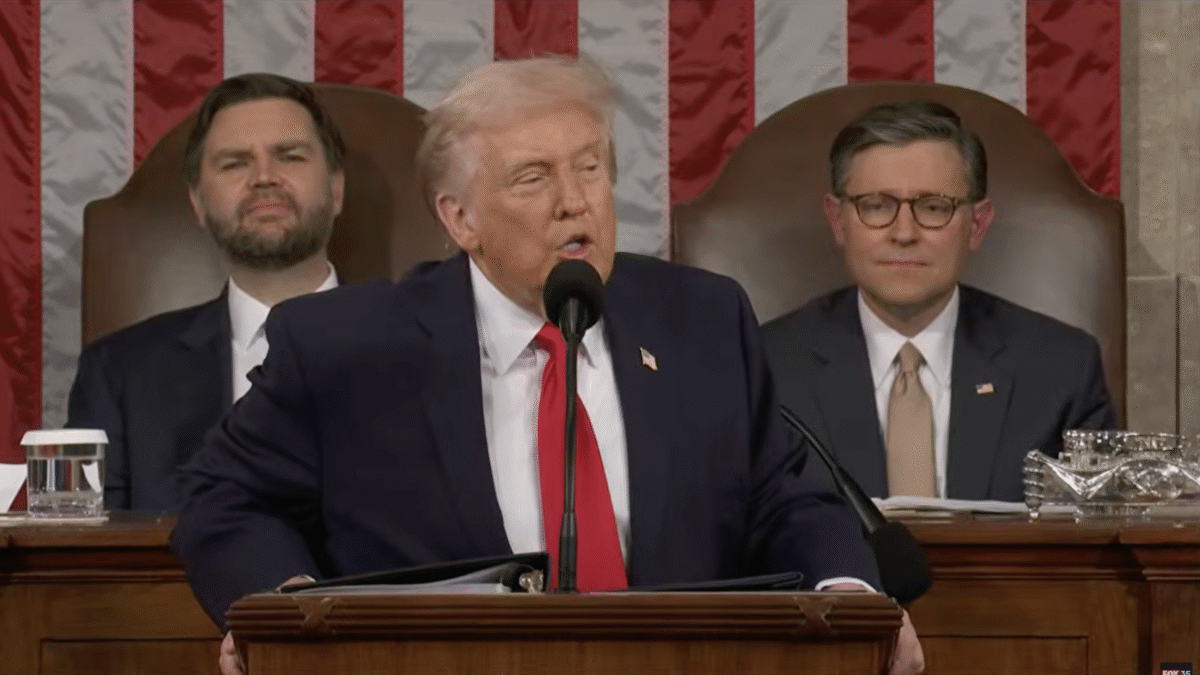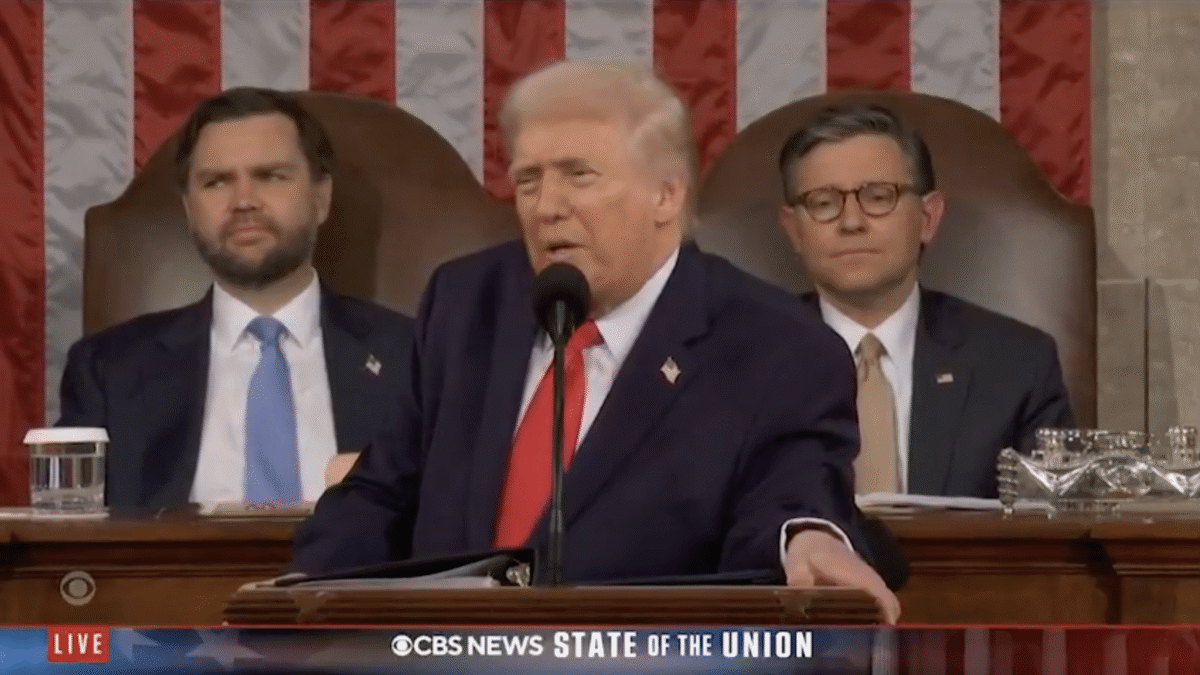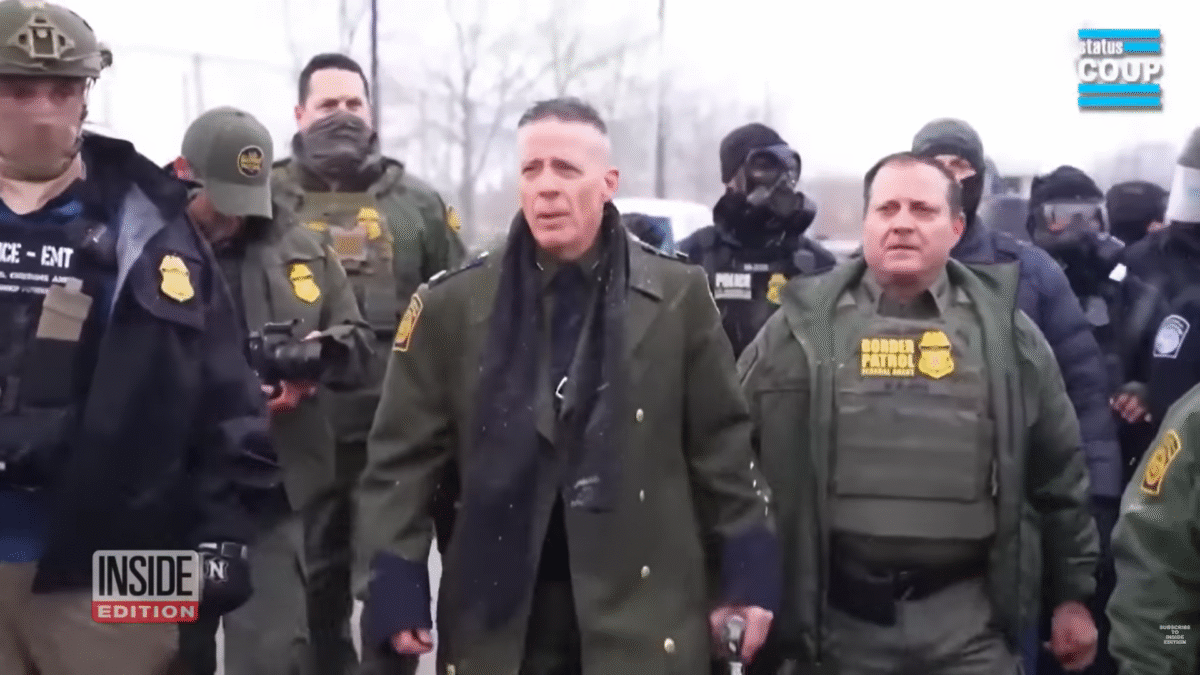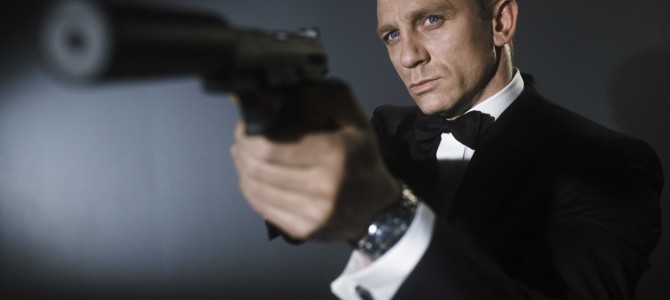
Like most men of my generation, I was an enormous Star Wars fan as a kid. And, like many boys, I spent the bleak, sequel-less years watching any science fiction movie I could find to chase that high. Sometimes it worked out (Blade Runner, Flash Gordon) and other times it was a catastrophe (Krull, Spacehunter: Adventures in the Forbidden Zone). But I saw them all.
When I was around nine, though, I came across a compelling, full-page ad in the newspaper, featuring a man with a laser gun, some kind of space battle in the background, and a quartet of alluring women posing around him. Needless to say, it looked promising. Though, judging from the outfits, I suspected these characters would be less virtuous than, say, a Princess Leia. So I did what any boy who wants to do something he shouldn’t be doing does: I begged my grandparents to take me to see it.
They did. The film (and I’m pushing it with the word film) was Moonraker. I found the story of a English playboy and the gigantic silver-toothed mute who chases him around the world to be mildly entertaining—though it did take around an hour-and-a-half before Bond even got near a spaceship. But it wasn’t until a few years later, wiser, older and more curious, that I ran across the same actor playing the same character in a far better movie. The Spy Who Loved Me was funny, action-packed, and it had Barbara Bach surrendering to Roger Moore’s advances. After it was over, the station ran another movie, with another guy playing that same character and soon everything in the world made sense.
After a quick pre-Internet investigation, Goldfinger led to Live Or Let Die led to The Man With The Golden Gun led to From Russian With Love, and so on. With my video-club membership in hand, my obsession grew. I managed to track all of them down. All of them. I sat through On Her Majesty’s Secret Service (in which George Lazenby’s Bond gets married, wears a kilt, fights Telly Savalas, and does an admirable job filling in for Sean Connery, who abandoned both queen and country to wrangle more money of the studio.) I even sort of enjoyed Connery’s James Bond-ish Never Say Never Again. Then I began reading all of the Ian Fleming books, and as many Bond books as I could find— including, at some point, the one written by Kingsley Amis.
 Casino Royale with David Niven, Peter Sellers, and Woody Allen (as Jimmy Bond)? Yeah, I saw it. And I’d probably see it again.
Casino Royale with David Niven, Peter Sellers, and Woody Allen (as Jimmy Bond)? Yeah, I saw it. And I’d probably see it again.
Bond gave me the high George Lucas never could. My adoration, though, began to fade as the decade wore on. Octopussy shook my confidence, and yes, A View To A Kill personally offended me. But it was the dream-killer, Timothy Dalton, who put me out of my misery. Not even Pierce Brosnan’s workmanlike performances could pull me back in after sitting through A License To Kill. Maybe it was the perfunctory scripts. Maybe Bond was lost without the Cold War? Maybe it was bland villains? (The fifth columnist North Korean with a face transplant? Or the Russian general teaming up with heavies from some unknown Central European Slavic nation —what seemed like a mandatory storyline during the ’90s.) Whatever it was, it was bland.
It was Daniel Craig who saved the franchise from decades of mediocratic acting and shiftless storytelling. Yes, Casino Royale is the finest Bond movie ever produced. Craig, the best Bond. I’m typically a traditionalist on these sorts of cultural matters, but Craig is the most aligned with Ian Fleming’s vision. He modernized and reinvented the character while strengthening its conventions at the same time (we see the franchise explicitly embrace this reality at the end of Skyfall). He offered a darker, harder, and more complicated persona, and shed the earnestness and schlockiness that had plagued the series. Despite a slight hiccup with (the not-great but underrated) Quantum of Solace, I was fully invested.
And Spectre? I am going to watch the hell out of this:
This is because Craig recently told Esquire that he was unsure whether he would film another 007 movie, but if pushed to make a decision today he would probably leave the franchise. And so we again find ourselves at a crossroads of cultural history. My first thought was that perhaps Craig should go. Most Bonds, after all, hang around too long (see Connery’s paunchy turn in his first-last Bond film, Diamond are Forever). If he left now, Craig will be the only Bond to exit without being overmatched by the character. He’d be the only one to leave the series in better shape than he found it.
This franchise, like any other, is driven by the quality of scripts and directors (and Sam Mendes, who’s been great, is also leaving the series), but few pivot so intimately on the charisma of leading actor. So what makes a Bond work? We must use the past as a guide. So I have correctly ranked all Bonds in order of effectiveness:
- Daniel Craig
- Sean Connery (including Diamonds Are Forever but excluding Never Say Never)
- Roger Moore (up until For Your Eyes Only)
- Pierce Brosnan
- George Lazenby
- The guy who played James Bond on TV in 1954
- Roger Moore (post For Your Eyes Only)
- Actors who turned down the opportunity to play Bond (this supposedly includes Richard Burton, James Mason, Clint Eastwood, Burt Reynolds, Liam Neeson, and many others.)
- Actors who auditioned to play James Bond that we’ve never heard of
- Timothy Dalton
Even as I ponder this authoritative list, I do wonder if there should be any rigid criteria in judging a future Bond. In reality, Brosnan, despite his ho-hum movies, was probably better suited to be Bond than Roger Moore. Moore was all the things Bond should not be, according to Fleming: Too dapper. Too goofy. Too bland. Too dumb. Still, it sort of worked … sometimes. Now, that doesn’t mean there aren’t a few obvious rules Sony should follow to make Bond plausible: If, for instance, if you feel like you could probably manhandle the actor, he can’t be Bond. So no Orlando Bloom. If an actor is prettier than your first girlfriend, he can’t be Bond. So no Henry Cavill.

I guess you know him when you see him. Bond displays all tendencies you wish you could, but probably don’t. He’s dangerous, but only with the right people. He’s patriotic, but not a dupe. He’s got taste, but he’s never trendy. He’s good-looking, but in that unconventional way. He’s cerebral, but also carnal. He’s exceedingly confident, but “… by the cut of your suit, you went to Oxford or wherever. Naturally you think human beings dress like that. But you wear it with such disdain, my guess is you didn’t come from money, and your school friends never let you forget it,” as Vesper Lynd once remarked.
There are plenty of great choices. Variety reports that BoyleSports, an online bookie, has Tom Hardy as the leading contender to take on Bond. He’s now a 4/1 favorite. Last week, another booking firm with absolutely no inside knowledge about this thing claimed that the Homeland guy, Damian Lewis (who is also English, by the way, like seemingly every actor playing an American on TV today), was the favorite to take over the Bond franchise. Lewis went from a 25/1 to 3/1 odds recently. Idris Elba is at 5/2. Hardy at 4/1. Henry Cavill 5/1. Michael Fassbender 7/1.
There is no reason Tom Hardy shouldn’t play James Bond. There is no better actor working today. When you say a person can carry a movie by himself, you mean it literally with Hardy. Just watch Bronson or Locke. He’s got a bit of that sociopathic vibe (see “Peaky Blinders”) that Bond probably needs to get the job done.
That’s not to say someone like Elba wouldn’t make a great Bond. I’ve never seen him not be great. Sony executives have discussed casting him. The author of the latest James Bond book seems to think Elba is too “street.” I’d say Anthony Horowitz was hinting that Elba was black (as many have claimed in the media) but he suggested another black actor named Adrian Lester, which tells me he shouldn’t be writing a Bond novel to begin with. Then again, Roger Moore once said Elba shouldn’t play James Bond because the spy needs to be “English-English.” Elba was born in London. We’ve had Scottish Bond. An Irish Bond. An Australian Bond. So in that case “English-English” does probably mean black.
Now, I have my own ideas. Damian Lewis is intriguing prospect, but probably missing the grit it takes. Fasssbender is Fasssbender. He’d be great. David Oyelowo is a talent (the Fleming estate hired him to voice its new 007 novel). Dougray Scott (reportedly in contention when Daniel Craig won the role) is intriguing. As is The Wire’s Dominic West. One of my favorites is Tom Hiddleston—who admittedly slouches a bit towards the foppish.
Though I possess as much inside knowledge of who is in the running for Bond as these bookies, which is to say none, using my own unscientific criteria that I often ignore, I’ve come up with a wish list:
1. Tom Hardy
2. Idris Elba
3. Tom Hiddleston
4. Michael Fasssbender
5. Dominic West
6. Unknown
7. Dougray Scott
8. Damian Lewis
9. David Oyelowo
150. Timothy Dalton
151. Henry Cavill
It might turn out to bena relatively unknown, and that would be fine, too, if that makes the role work. But please don’t ruin it again. We’ve invested so much and come so far.
If you think you have better ideas, send them to dharsanyi@thefederalist.com so I can dispel them for you.


